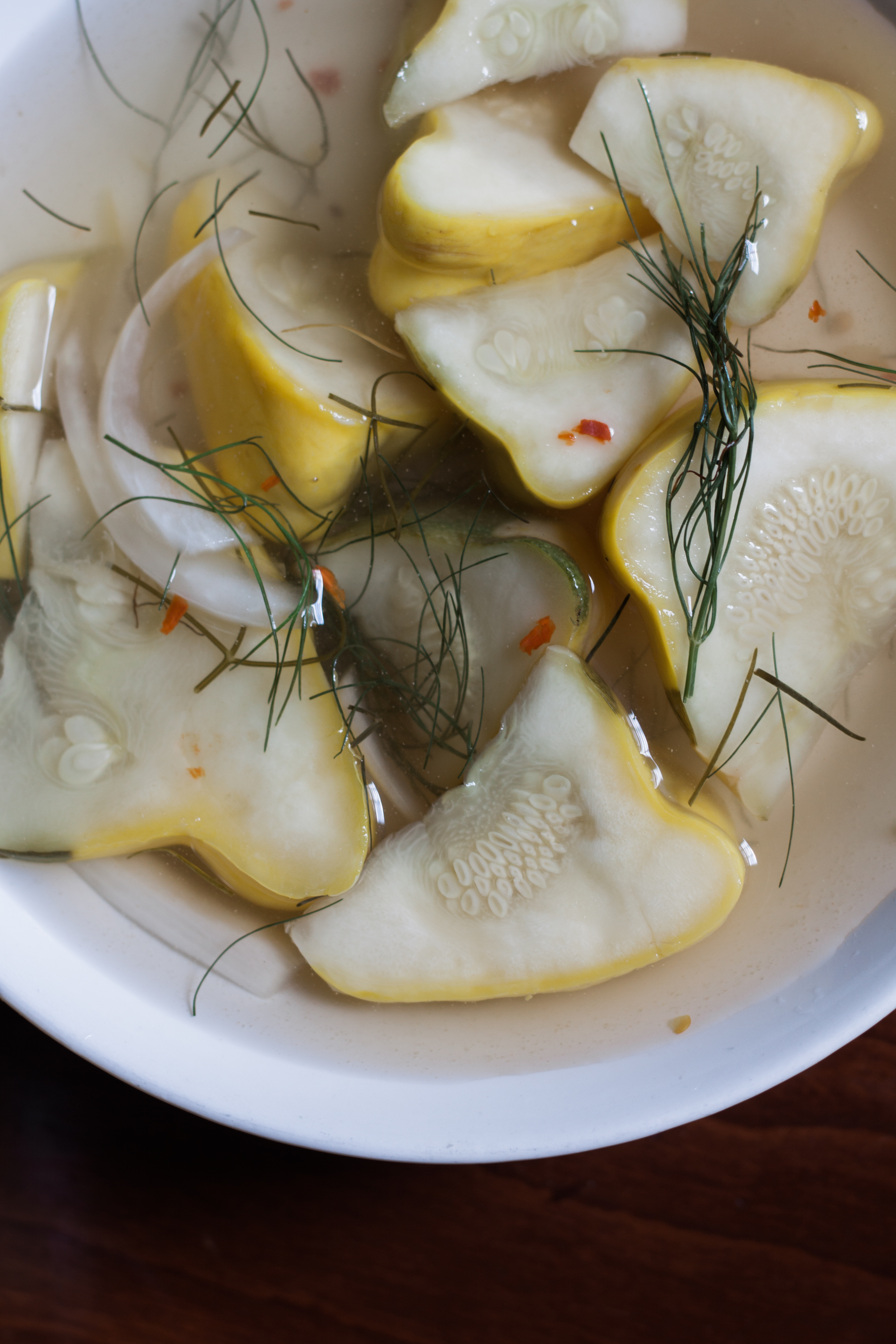
We have an abundance of patty-pan squash coming in from the garden this year, and we hear we aren’t the only ones. It seems to be a very productive year for garden veggies! Right now, our garden team is harvesting 30-40 pounds of summer squash every other day!
The abundance doesn’t stop there. Our butternut winter squashes have produced with equal vigor and have ripened earlier than expected. The beets are in, the garlic has been dug and sorted, and the tomatoes, basil, peppers, okra and eggplant harvests are ramping up! It doesn’t get much better than enjoying late summer crops from the garden.
That means The Trustees’ Table has to get creative with how fresh ingredients are getting prepared on a daily basis. Here’s one of our favorite ways to serve the fresh squash and zucchini:
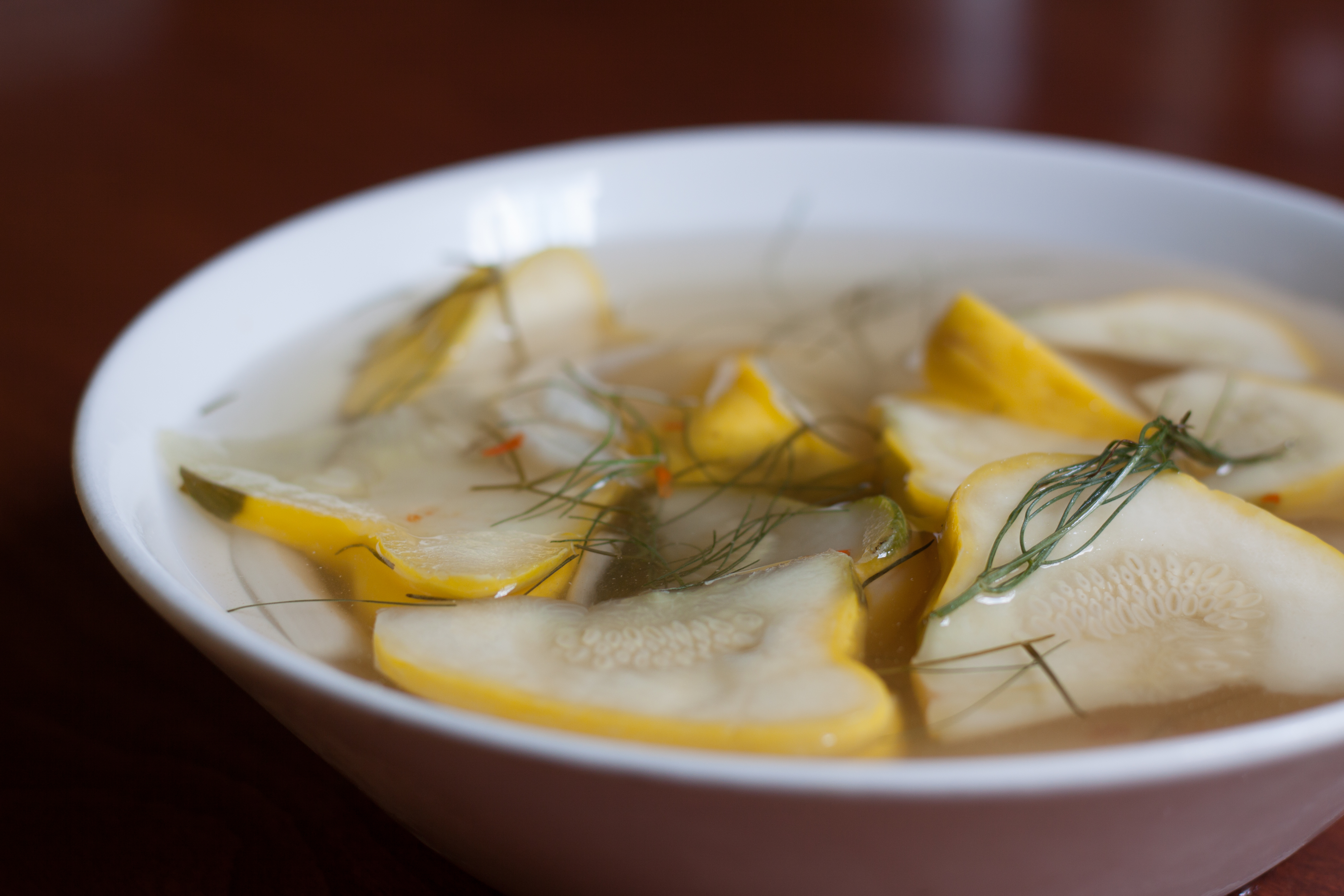
INGREDIENTS:
1/2 qt. apple cider vinegar
1/2 qt. water
1 1/4 c. sugar
1 tbsp. red pepper flakes
1 tbsp. fennel seed
1 tbsp. mustard seeds
1 tbsp. dry mustard
1 bulb fennel, sliced and tops rough chopped
6 large zucchini, sliced into 1/8-thick rounds
1 onion, thinly sliced
1/4 c. Kosher salt
INSTRUCTIONS:
Bring vinegar, water, sugar, red pepper flakes, fennel seeds, dry mustard and mustard seeds to a boil in a medium saucepan, stirring to dissolve sugar.
Toss zuchinni and salt in a large bowl and let stand until zucchini releases moisture, 30-35 minutes. Drain squash, add fennel and onion. Pour pickling liquid over vegetables to submerge and stir. Cover and chill at least 12 hours. Enjoy!
In the Shaker tradition, our farmers take pride in planting, tending and harvesting sustainably-grown fruits, vegetables and herbs, destined to end up on your plate at The Trustees’ Table.
J. Steven Brockman is the executive chef. A south central Nebraska native, he grew up surrounded by the corn and soybeans of his grandparents’ farm…
Dylan Kennedy is the farm manager. An avid mountain biker and traveler, he has farmed as far and wide as Foxhollow Farm in Oldham County (Kentucky) to New Orleans…
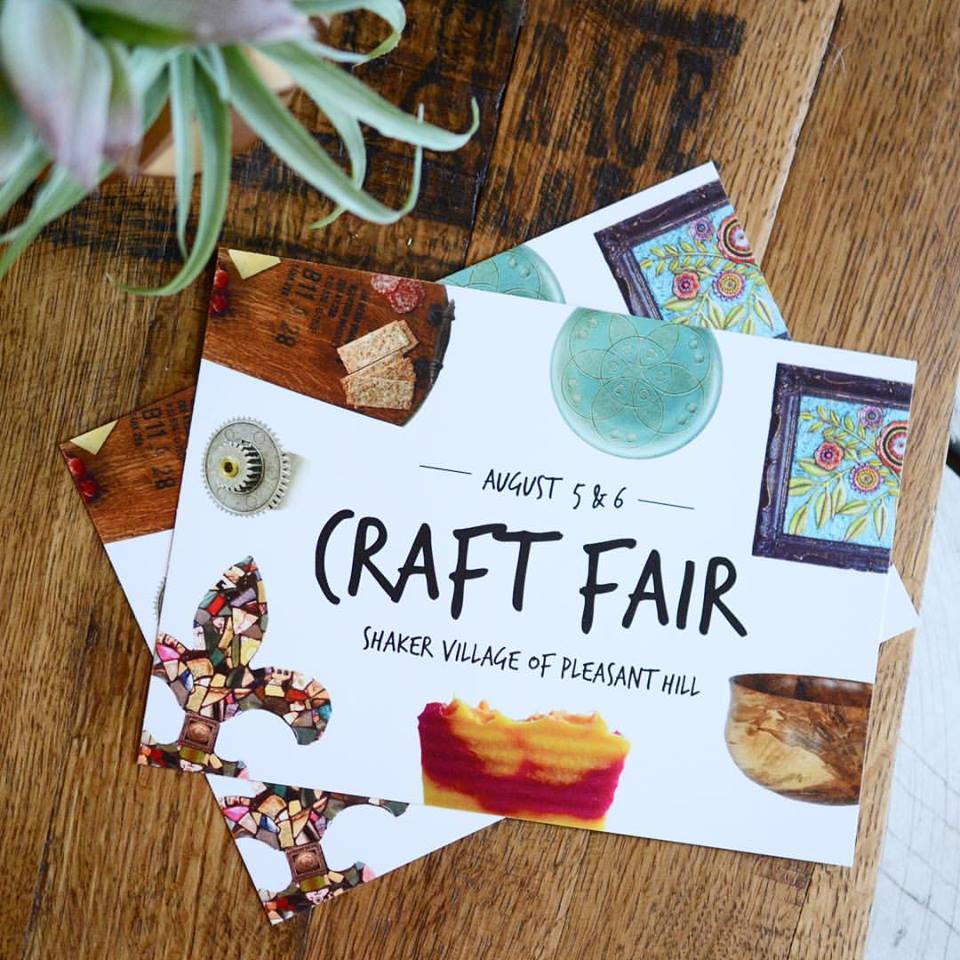
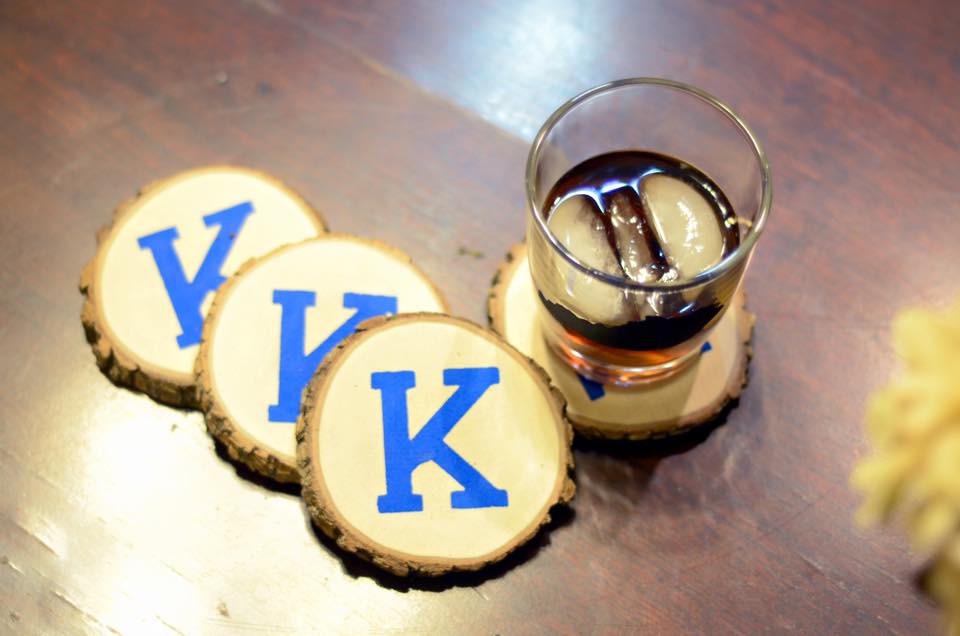

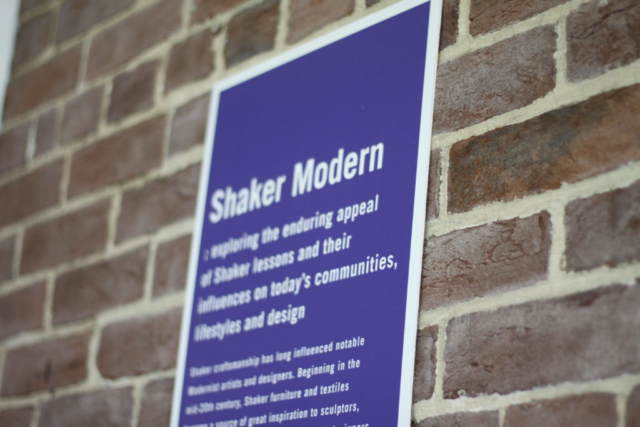
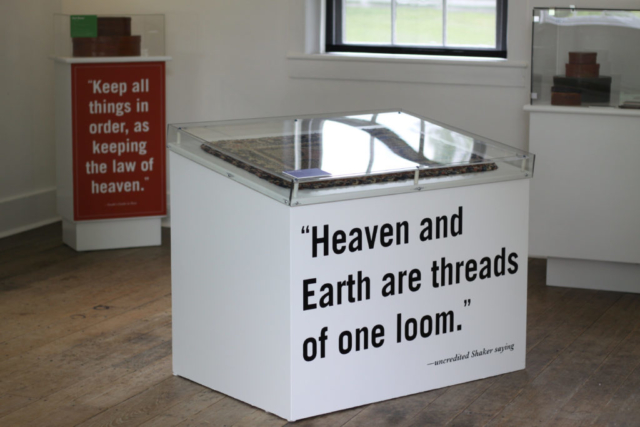
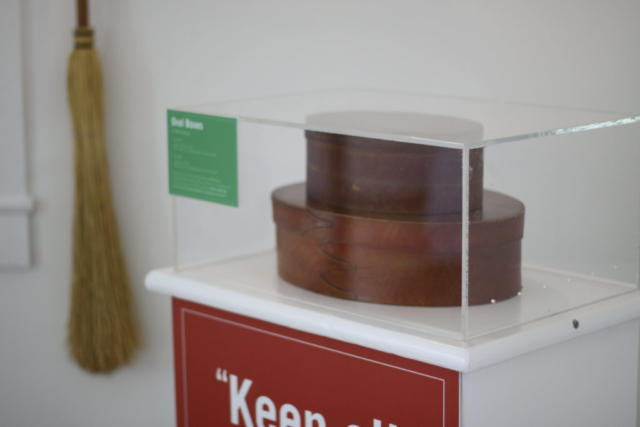
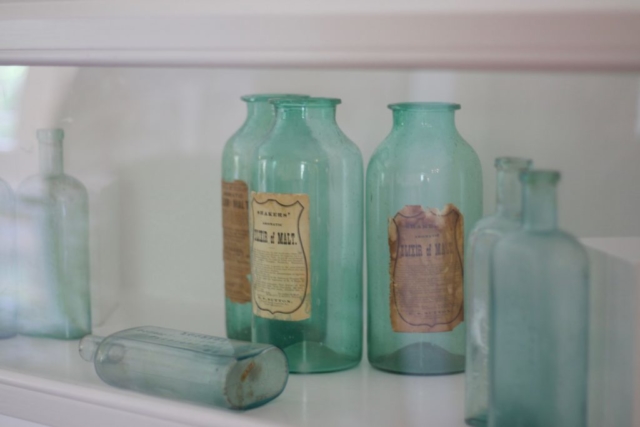
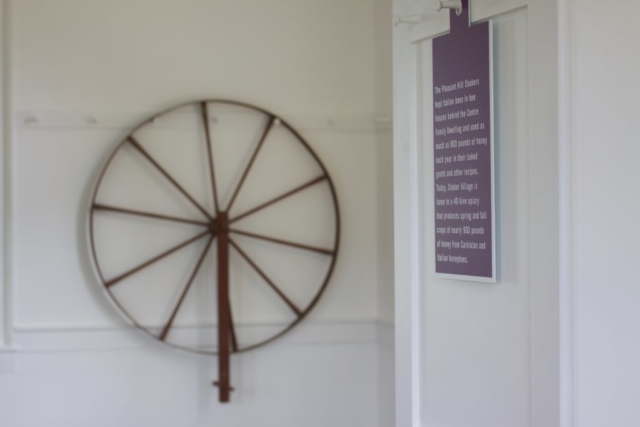
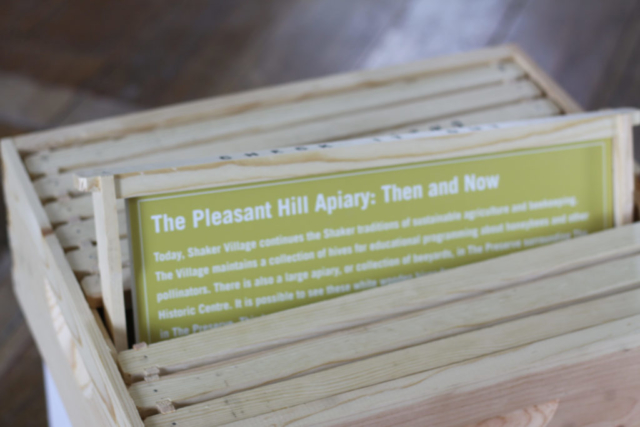
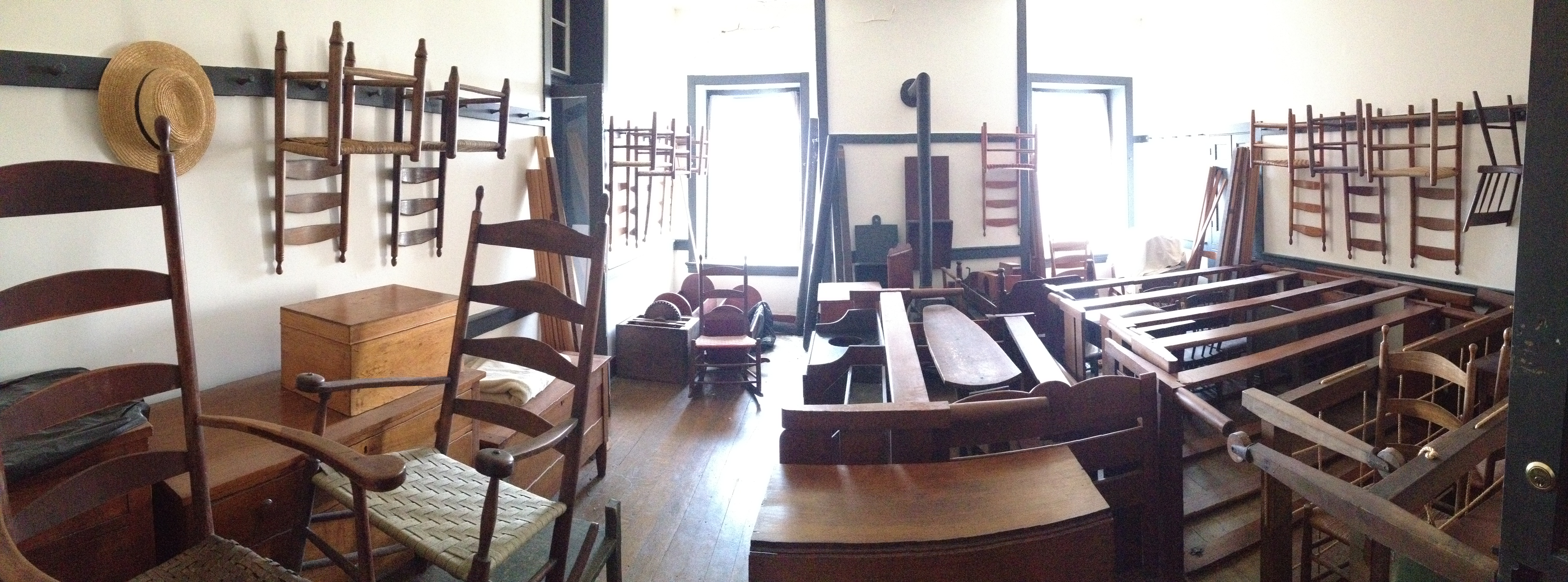

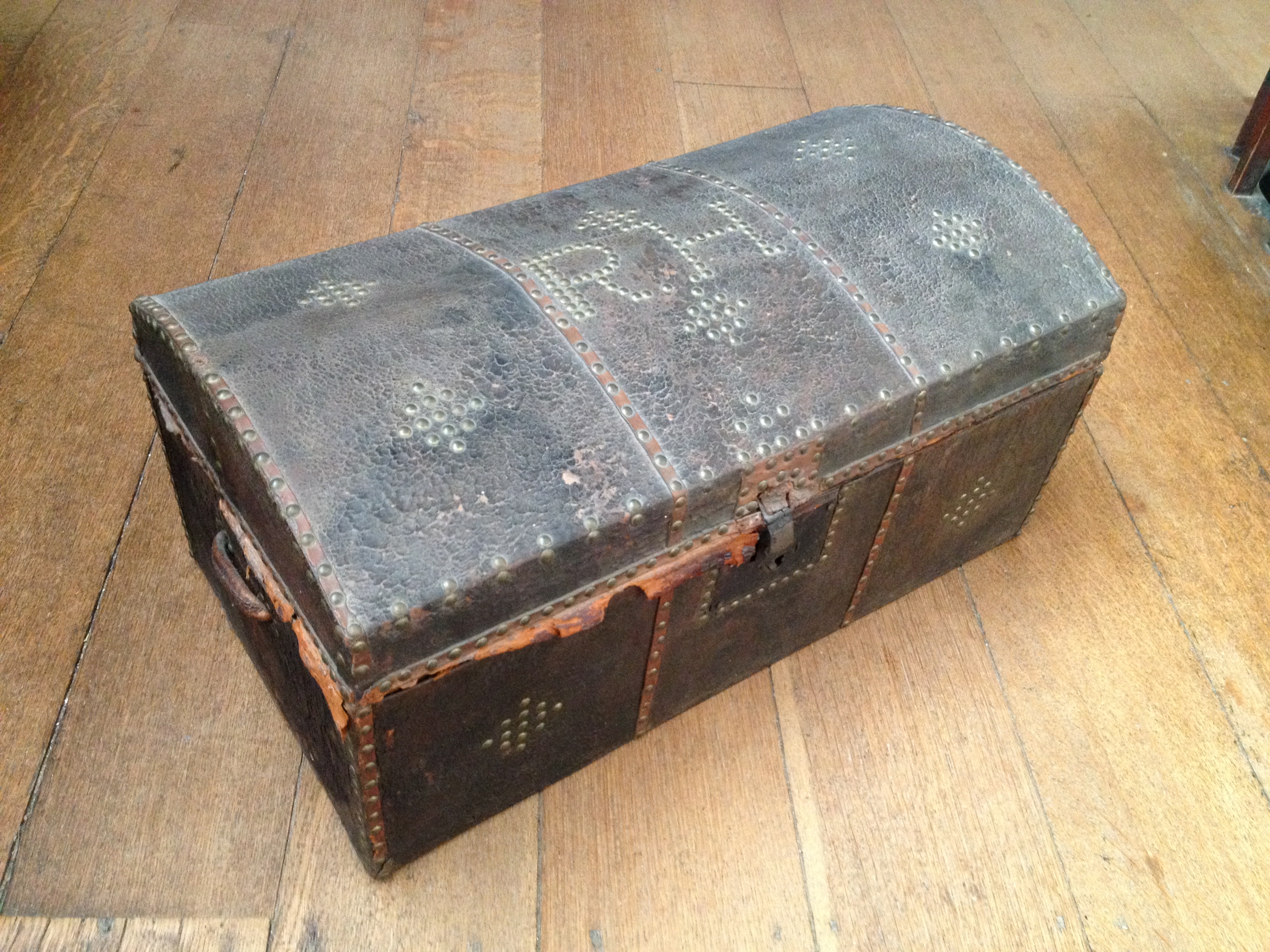
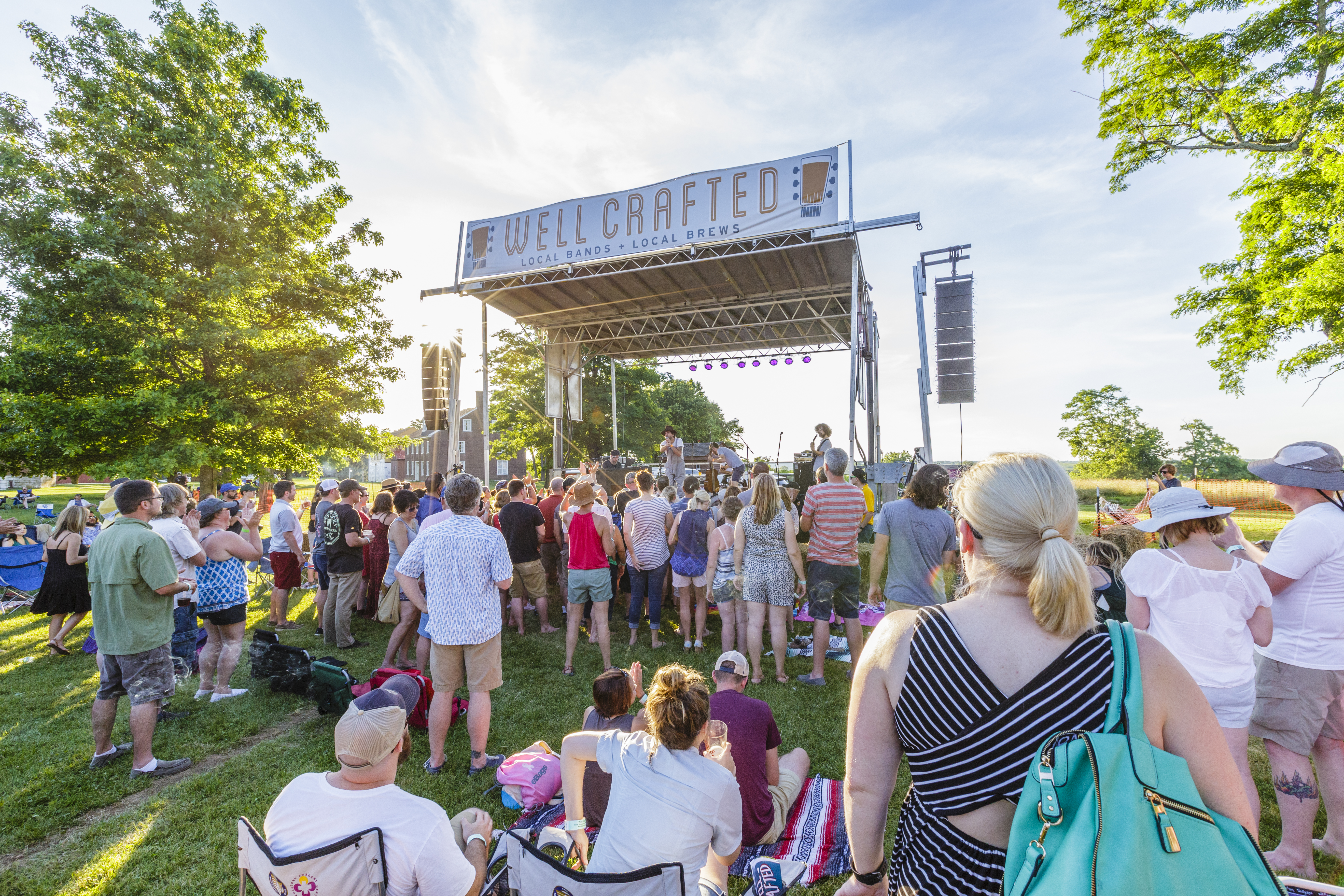
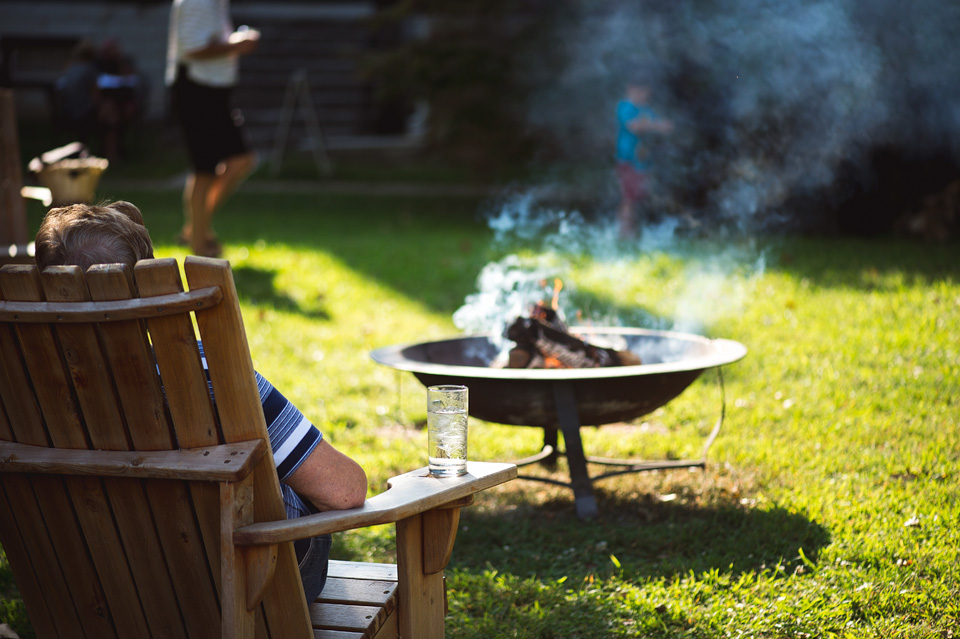
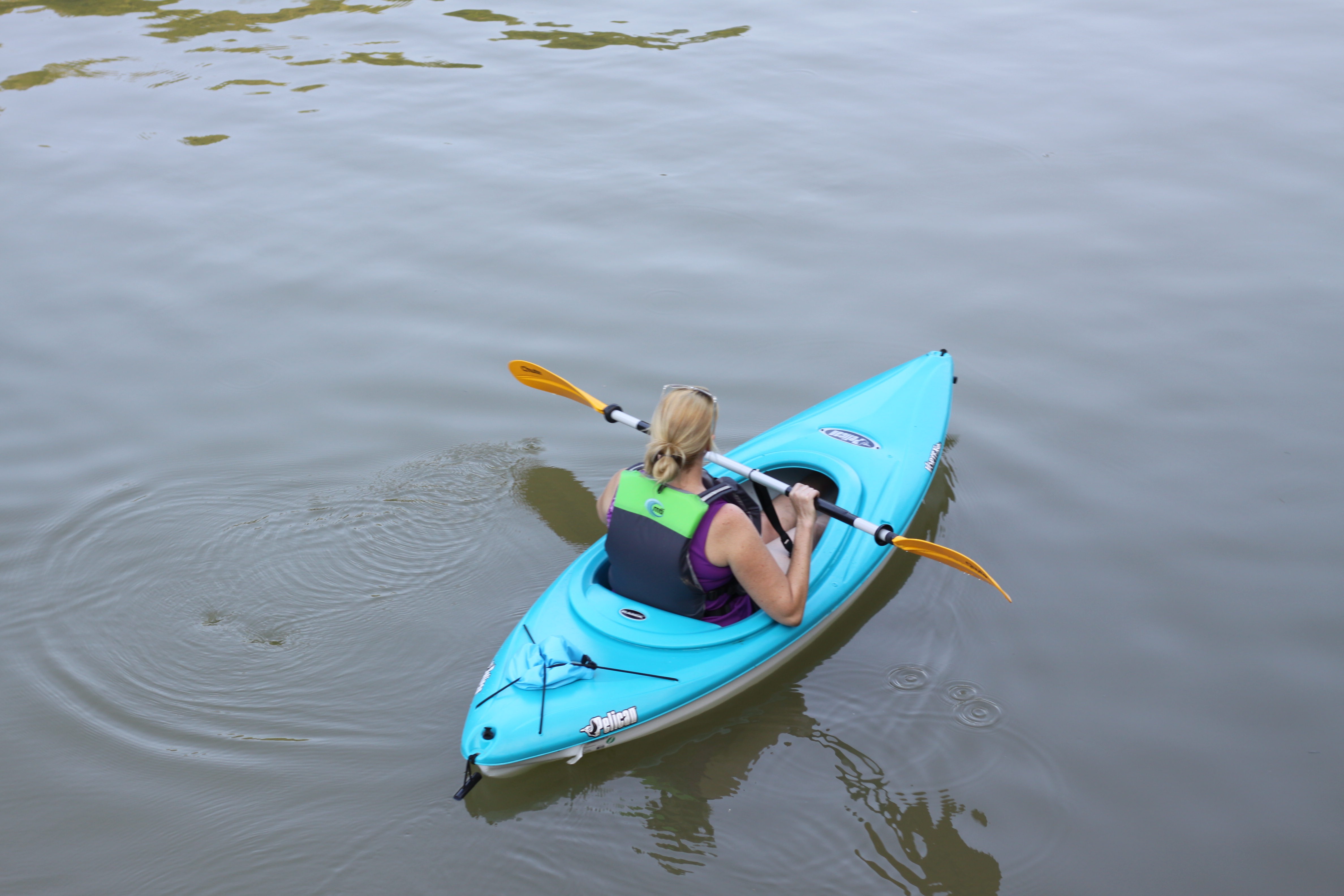 Try something new.
Try something new.